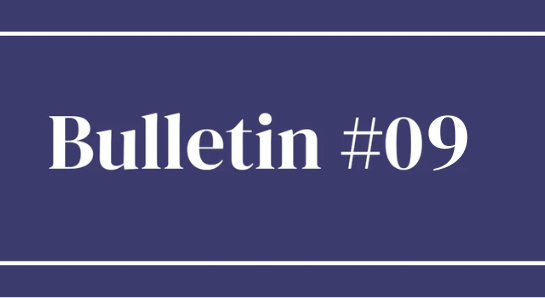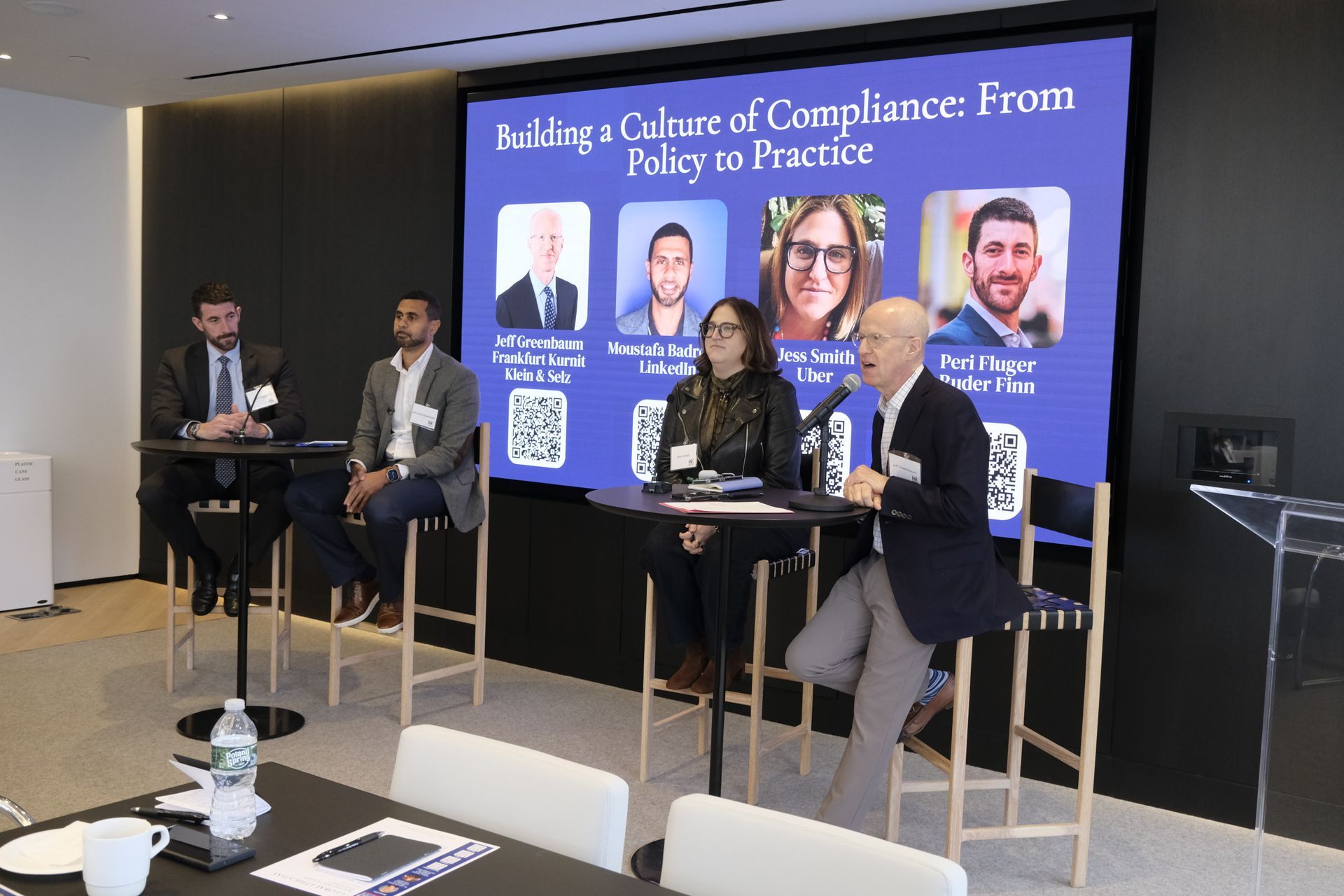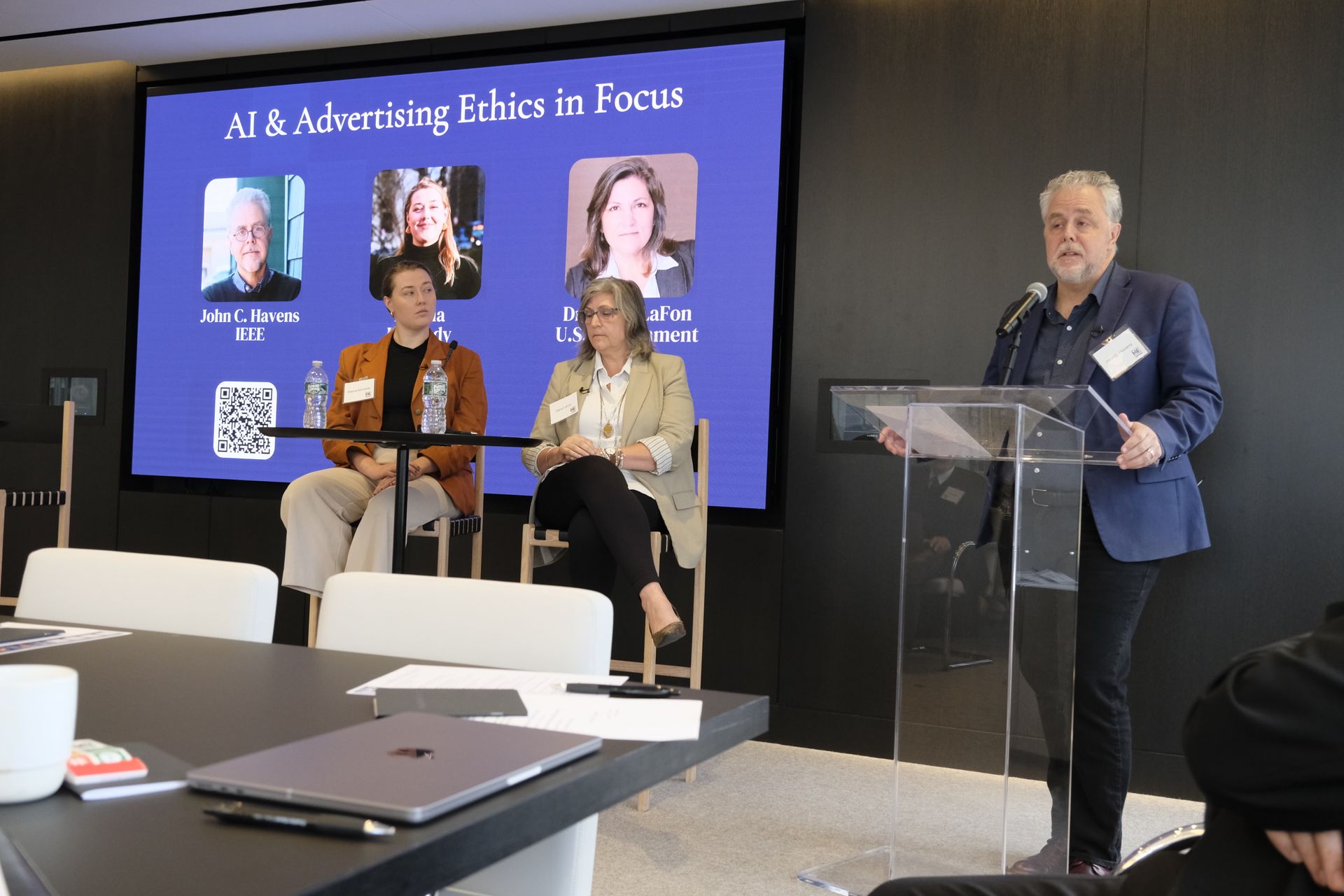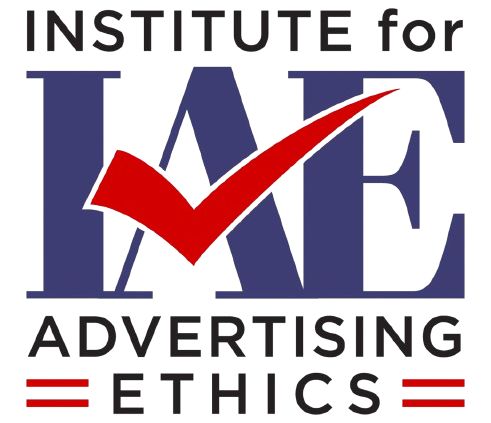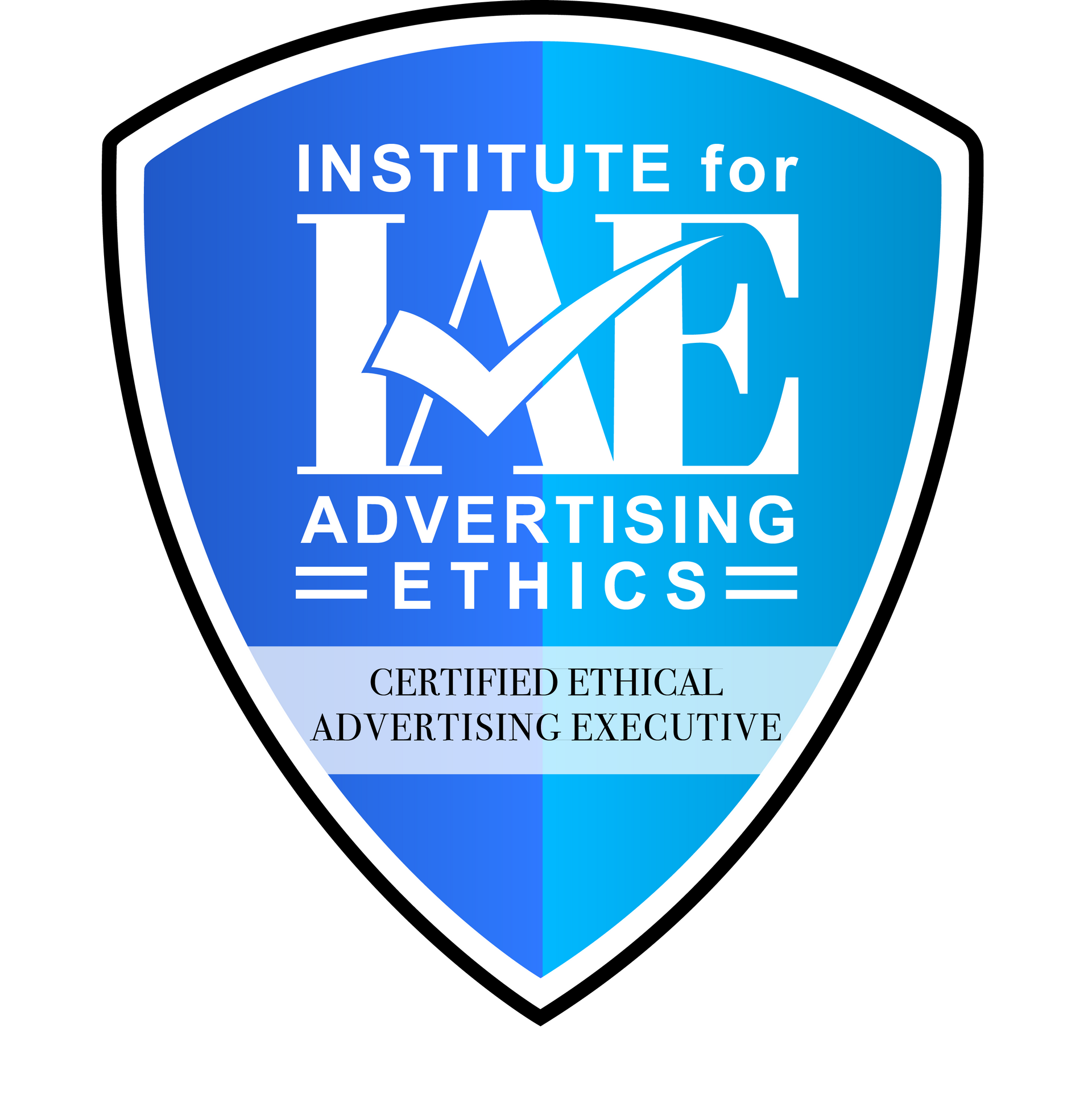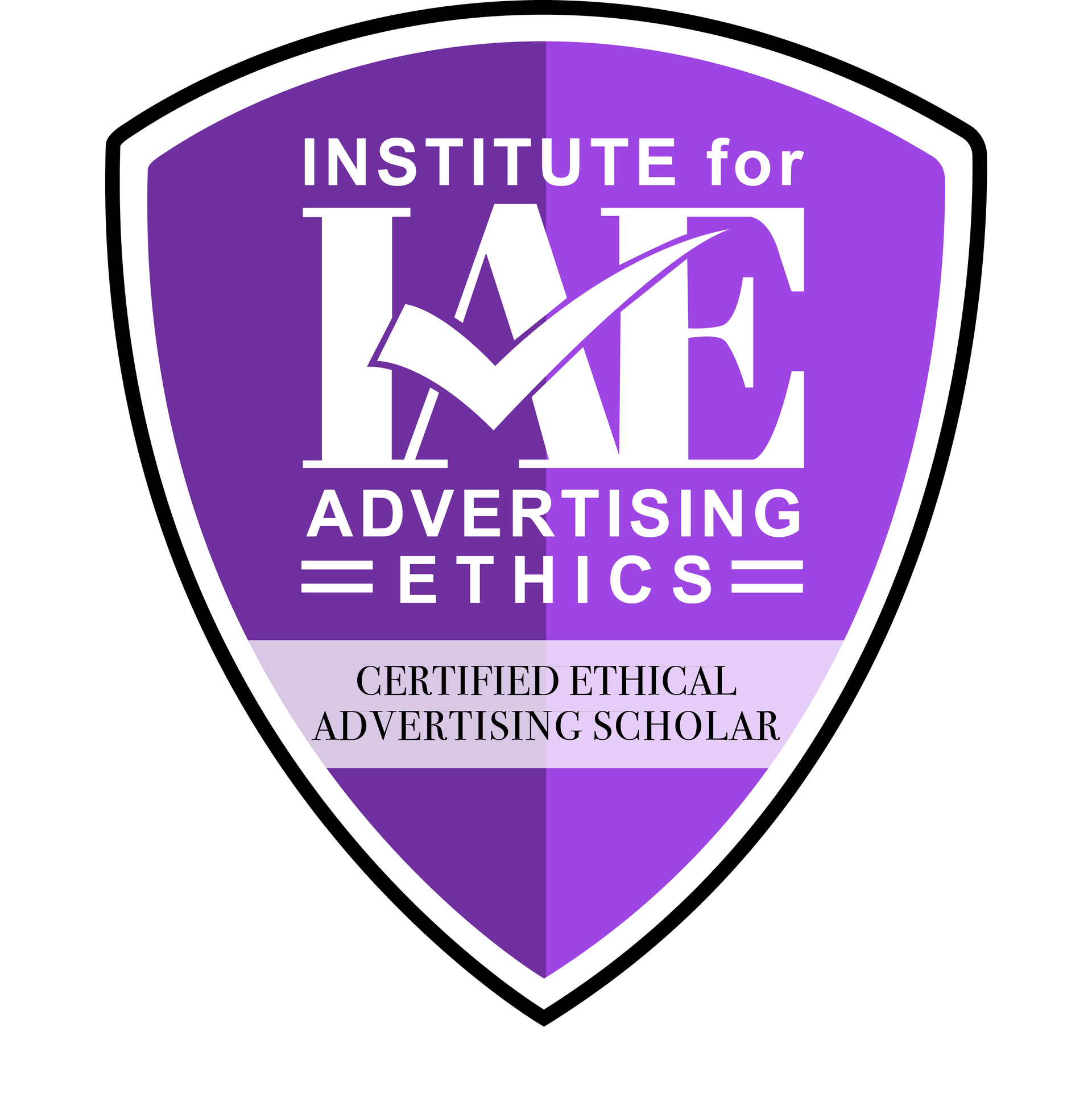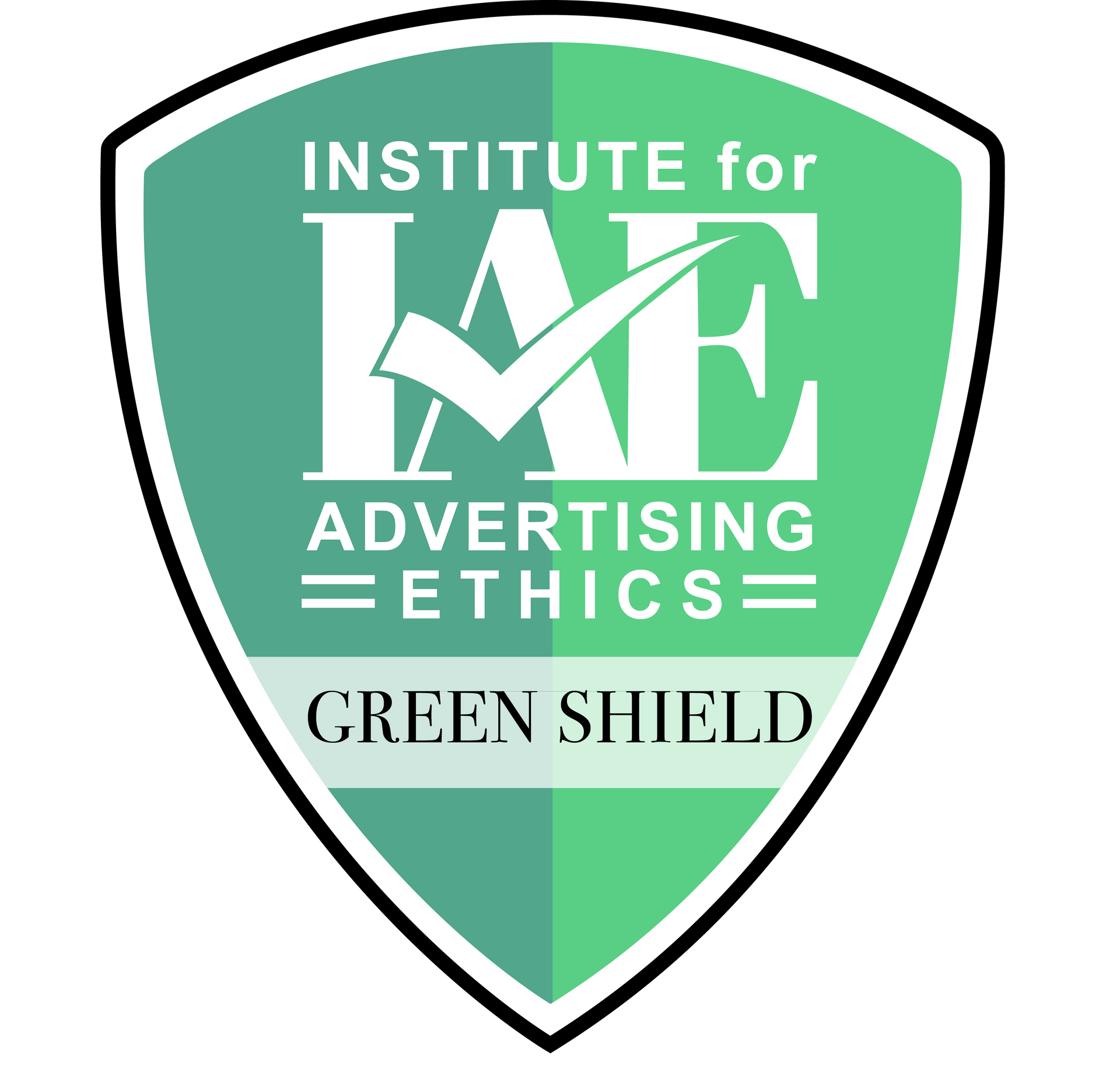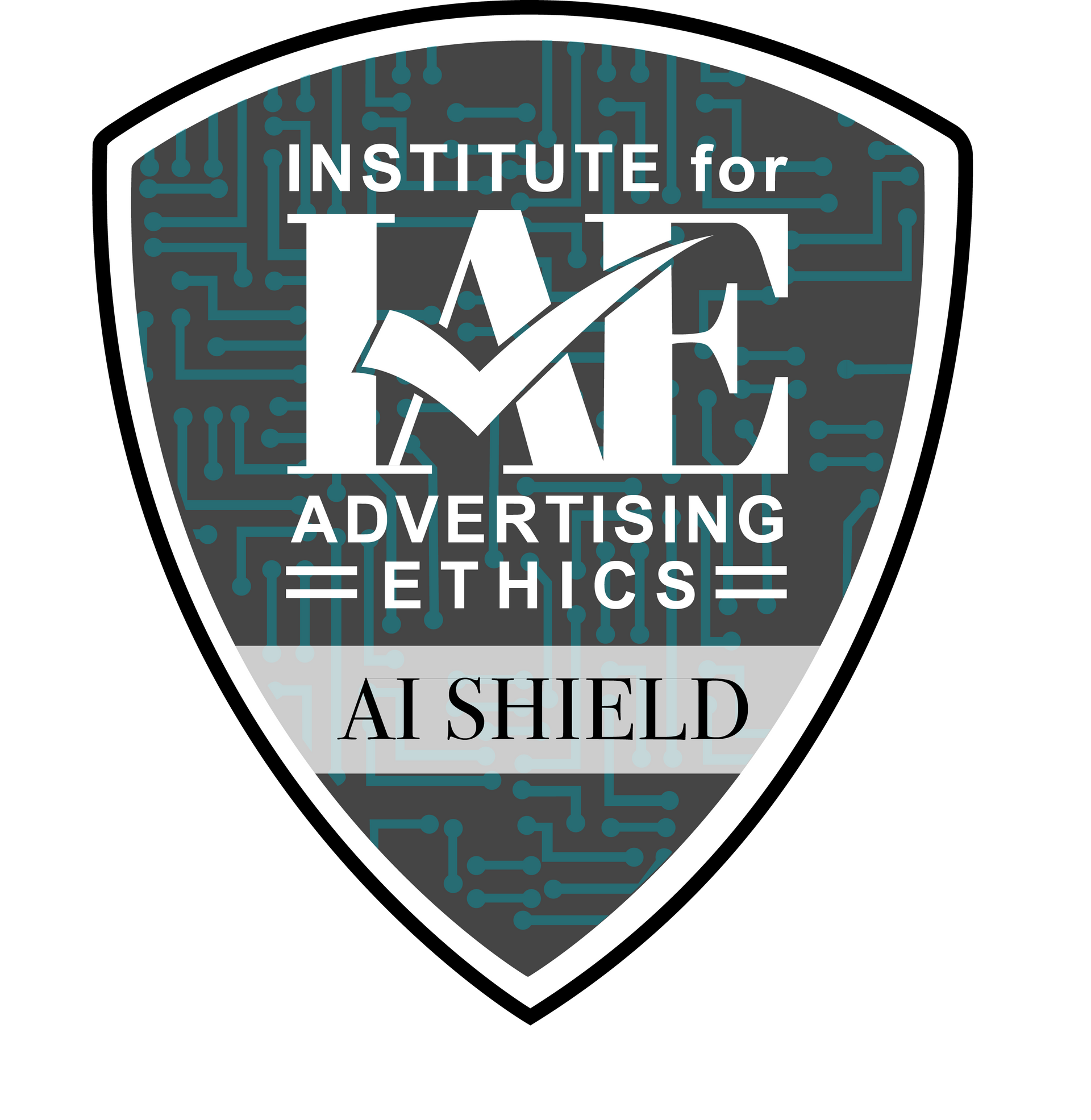Trust Builders: Camila Corado
Meet Camila! A member of our Ethics Certified community.
Camila is the Head of Sustainability at creative agency Planta (@weareplanta) where she supervises the carbon footprint measurement of each advertising campaign (from filming spots to out-of-home advertisement), helps creative teams create positive impact narratives based on evidence, and prevents greenwashing. She is also the leader of their (re)certification process as a B Corp.
How have the IAE's certifications impacted you, your career, and your approach to ethical advertising?
Although I had years of previous experience identifying greenwashing in communications, the IAE's Green Shield certification gave me a structure to better understand each subtle but different mechanism it can present itself.
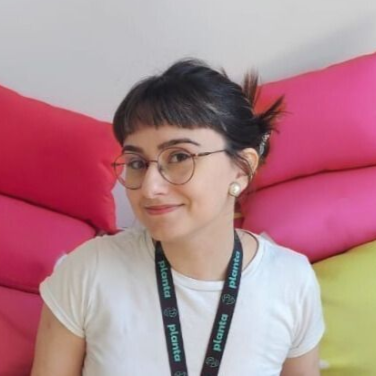

Why is ethics important for advertising?
Advertising is the art of convincing. As such, we hold a great responsibility to influence others to do what's good, for the people and the planet.
What are some of the biggest ethical challenges you see in advertising today and how do you think these challenges can be overcome?
I find it hard to balance the urgent need for economic development of underdeveloped populations vs. 'degrowing' arguments. However, I strongly believe that investing in new renewable technologies and redistributive policies will help find a middle ground.
Can you share a time when you encountered an ethical dilemma? What were the outcomes?
Anyone working in sustainability knows that, since all human activities generate an impact on the environment, ethical dilemmas are constant. In order to create a balanced analysis between economic, social, and environmental development, a general recommendation is to keep asking your clients questions. Which indicators support a product's sustainability claim? How were they measured?
Once, a client brand claimed to make their products with plastic recovered from the ocean. Suspecting that plastics exposed to salt, sun, and wind might not have the structural conditions to be recycled, we dug deeper and asked our client to verify this claim. It turned out they were using ocean bound plastic, an interesting and valid practice to recycle materials that would otherwise have ended up in the ocean, but not this idealized process of cleaning beaches and turning the waste directly into the product.
This verification process took time, something scarce in the campaign schedule and required our client to contact their supply chain partners. We could have made a bland, vague but safe claim, or we could wait and verify in order to communicate a correct and specific environmental practice. We succeeded in convincing our client to do the latter, but the project’s risk was higher, as it demanded more time.
This story repeated itself several times. It could be a so-called clean paint, biodegradable packaging, or a water saving machine. You have to be stubborn and skeptical, but also diplomatic and convincing. In my opinion, this balanced approach, both in impact analysis and in character, is what makes sustainability marketing sensible and meaningful.
We want to highlight you too! Fill out this form
to be featured on our Ethics Certified Spotlight.
Share
